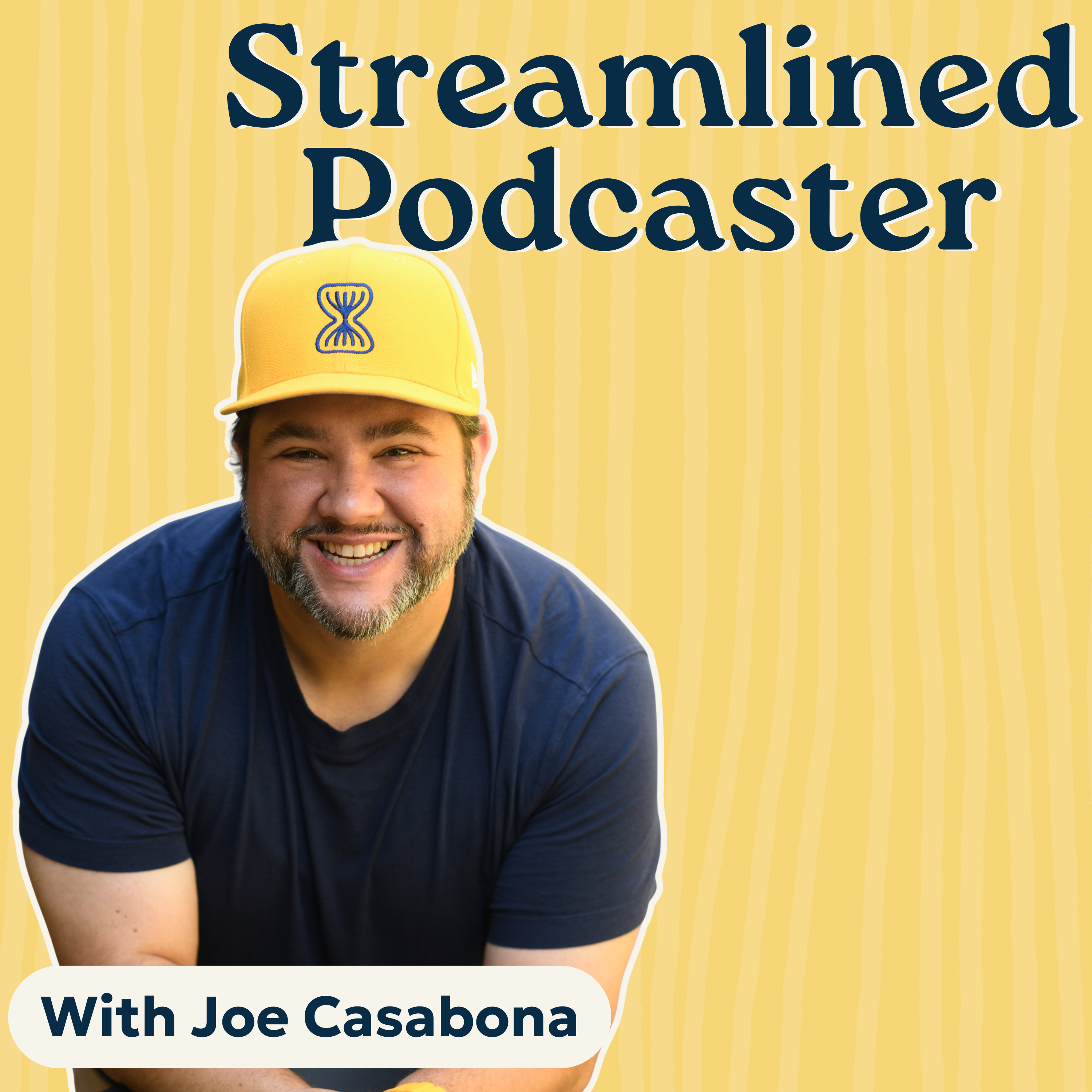
Podcasting Made Simple
Podcasting Made Simple is the premier podcast about podcasting! We’re here to help podcast guests and podcast hosts reach more listeners and grow their income so they can change more lives! Join Alex Sanfilippo and other podcasting industry experts as they share how you can level up on either side of the mic! (Show notes and resources: https://PodMatch.com/episodes)
Podcasting Made Simple
6 Steps to Ensure You Don’t Quit Podcasting | Alex Sanfilippo
Did you know that over 80% of people who start podcasting as a host or guest fail within their first year? Thankfully, there is a process that will ensure you're in the 20% of podcasters that make it to their first year and beyond! In this episode, Alex Sanfilippo shares 6 steps that you can follow that will help you avoid failure and thrive as a podcaster on either side of the microphone. Get ready to be positioned for long-term success in podcasting!
MORE FROM THIS EPISODE: HTTPS://PODMATCH.COM/EP/289
Chapters
00:00 Introduction and the Importance of Being Intentional
00:57 Being Intentional for Success in Podcasting
04:17 Chapter 2: Clarify Your Avatar
06:09 Chapter 3: Focus on Consistency
08:04 Chapter 4: Invest in Yourself
10:32 Chapter 5: Foster Community
13:23 Chapter 6: Do It for One Person
14:19 Conclusion
Takeaways
- Being intentional and focused is crucial for long-term success in podcasting.
- Strengthening your why and clarifying your avatar are important steps in staying motivated and serving your audience effectively.
- Consistency is key in podcasting, and it is better to do less consistently than to do more sporadically.
- Investing in yourself and finding tools and systems that maximize your time and enjoyment can help sustain your podcasting journey.
- Fostering community and building relationships with your audience and fellow podcasters can provide support and inspiration.
- Doing it for one person and serving your ideal listener can have a significant impact and bring fulfillment to your podcasting journey.
MORE FROM THIS EPISODE: HTTPS://PODMATCH.COM/EP/289
PodMatch has officially launched a podcast network for independent interview-based podcasts! To apply to be part of the network, please visit https://PodMatch.com/network and press the "Join Network" button in the top center of the screen. While you're there, be sure to check out some of the incredible shows in the network!
You're listening to Podcasting Made Simple. Recently, I was on a video conference call with a friend, somebody that I met through podcasting and we hadn't caught up in a while, but I was really excited to be on this call because previously we talked, there was just a lot of excitement around what they're doing. So I always love catching up with people in podcasting that are excited about something, right? Who doesn't love that? So here we are on this call and we're just kind of having some back and forth conversation, but the whole time I can tell there's something bothering them. There's something on their mind that maybe they're not sharing. And it just seemed like a little bit of maybe defeat or a little bit of stress or anxiety, something on those lines. And finally, I just asked. I could tell the time was running out that we're going to spend together. I'm like, we haven't really had anything meaningful happen this conversation yet. So I just said, hey, is everything okay? Like anything going on in your world right now? And they said, you know what, Alex, I know you're like the podcasting guy, but I just think I'm done. I can't do this anymore. It's just too much. And I was really taken back by that because just a few months prior, this individual had told me that they were passionate about it. They loved it. They were so excited all the time. I could tell it was bringing a lot of life and energy to them along the way. So in my head, when I'm hearing this, I'm wondering what happened, what changed within the last just 90 days that has made you go from loving this, it's bringing energy fulfillment to completely draining to something that you can't do anymore. Here's the thing. That story is not unlike most stories I hear in podcasting all the time. the data shows that you have a very high likelihood of failure. And I want to talk about today and I'll frame it in the most positive way I possibly can, but I want us to be warned and think about this. On either side of the mic, success is something we have to be very, very intentional about. If you want to be part of podcasting for the long game, you have to be really, really intentional and focused. And I've come up with six different ways that I'm going to go through that will help ensure your success in podcasting on either side of the mic. Hey, my name's Alex Han -Felippo. If I've not had the opportunity to meet you, I'm so excited to show this today. And again, I'm going to focus on the positive. It starts off a little bit negative, I know, but I'm going to really focus on the positive side of this and really give us a framework to be able to follow that will help us succeed. Now, everything I'm going to share is actually data driven. So this, this will help you succeed if you do this and help you avoid being another story like I just shared at the beginning here. So I'm going to go ahead and jump into these six things that will help you avoid pod fading as we call it in the biz or avoid quitting prematurely. So you can continue to get energy and joy from podcasting itself. So Take some notes and here we're gonna jump straight into it. Number one is to strengthen your why. Strengthen your why. And for some of you, you might not have a why yet for podcasting, right? You jumped into it, you're excited about it, it's been fun. But if you've taken the time to write down why you are podcasting. And now what I mean by that is don't just come up with like a fancy little mission statement, things like that, although that can be helpful at times. What I'm referring to is getting pen and paper going somewhere that inspires you. For me, it's the ocean. I live right next to the beach in Jacksonville, Florida. I'll just go out to the beach, sit there by the water, pen and paper, and write out my why. What is the reason for Alex Sanfilippo? Why am I podcasting? What is it that I'm doing here? And I encourage you, do the same thing. And maybe if the ocean isn't for you, that's not your space, right? Find a coffee shop that you like. Go to the mountains if you live somewhere where that's a thing, right? Find somewhere that you can gain inspiration and sit down, pen and paper, not a phone, pen and paper, where it's just you and your thoughts. And really go through why you're doing this. To give you some... idea here and some framework. So what works as far as a why is concerned is number one, it has to be bigger than you. It can't just be to get your name known more or to grow your credibility or to help you get financial freedom or give you more time with your family. These are all great things, but a why has to go beyond us if it's truly going to be legacy building. And that's the only type of why that I find that really works. So you have to say, why am I doing this? And get as specific as you can, really take the time to write this out. so that it can be something that's valuable and a living document that you can always go back to, you know what, it's tough today, but my why is gonna keep me going. I always say the why keeps you going when the going gets tough. So keep that in mind along the way. So number one is to really strengthen your why. Number two is to clarify your avatar. Who is it that you serve? And this really flows straight from your why. The next thing is really focused on that avatar. That is the, not the little blue people, or big blue people, they're big. Yeah, not that, it's the person that you serve. It's your ideal listener. It's the person that you know that you can help. And it's so important that we take a step back and think about who it is that we serve. And I encourage you take the time to write them out. And I actually like to do this in some sort of story form. So it's really sticky for us, right? I actually was recently on a call with somebody. I asked her, I said, Hey, who is it that you serve? Like, who is it that you're helping? And she held up a piece of paper. She had drawn it out on a piece of paper and she probably had some, some giftedness in being an artist, if you will. But she held it up and it was like a little stick figure and like some stuff around it. And she's like, this is who I serve. And I was able to look at the piece of paper and then she held the second one and said, and this is what I helped them do. And without her saying any of the words, I was able to articulate exactly what it is that what she was doing. That is clarity around an avatar. Now I'm not telling you to take art lessons and try this, right? But think about it. Can you write their story? Can you have a picture made of this fictitious character that you can keep by your screen? You can always remember this is who I'm serving when I'm talking. Cause again, the passion, the love, the desire to do good with podcasting. When some of those feelings wear off or on tough days, What will keep you going is that why and saying, you know what, I'm not doing this for me. Stopping is an option because I'm here to serve this individual. Now, if you have some sort of business podcast or your podcast guests for business purposes, you're still serving somebody. Always keep in mind who it is that you're serving. And sometimes the comedy podcasts get onto me right here and they're like, well, Alex, you know, like I'm just helping make people laugh. That's a huge purpose. There are many days where all I need is someone to help make me laugh, to make my day easier. You have a purpose in that as well. And you have an avatar, someone that you really serve. And perhaps it's the guy running a software company who just needs a break from all the seriousness of the work and needs to laugh. So keep in mind when you're clarifying your avatar, number two here, you have to make sure that you get really specific with who this is. Okay. Number three, focus on consistency. If you've ever heard me talk, you've heard me talk about consistency. This to me is just so important. Again, passion, excitement, love. These things don't last forever in podcasting either side of the mic. If you want to stretch podcasting out as far as it will go, find a way to do what you're doing consistently. So instead of saying, you know what, I'm going to be on a hundred podcasts this year. Maybe do half of that. Is that more realistic for you to do for the next five years? The way I like to say this is if you are a podcast host, focus on releasing 52 episodes in a year versus a hundred in three months. And some people are like, well, I need to get the numbers up, right? Yeah, but can you do that for a long period of time? Will you enjoy it? Will the content even be good? And there's of course a lot of people that are like a hundred podcasts, a hundred days as a guest. I also don't agree with that. And as a matter of fact, I have found in both cases that you are better off doing less for longer than more in a shorter period of time. And if there's anything that the world has shown us, it's that consistency always wins. So when you are passionate, when you still have the love for it and it's all super fun, instead of burning yourself out, start taking a step back and build some systems around what you're doing. Consistency only happens by us being intentional. Consistency doesn't happen by accident, right? It's just like, are my passion and love will keep me going forever? No, no. It's because you actually built a system around it when you were feeling really high about everything that you're doing, right? Because I'll tell you what, if you start getting burned out and then you start focusing on how do you do this consistently, you're just going to put fire on that, that burn that you've got, right? And you don't want to do that. You want to make sure that you're from day one saying, okay, how can I do this consistently? If I want to be part of my life for the next five years, what is it that I need to do? I personally have seen much more success in being on 52 podcasts in a year. than when I was on 100 or more per year. And that's because I show up better, because I know I can do it. I'm never burnout or tired because I'm not doing as much as maybe my capacity would allow. So you wanna focus on consistency and that's the third point. Moving into number four is to invest in yourself. Invest in yourself. Here's the thing, there's parts of podcasting, and if you love it and you're passionate about it, that you don't love. As a guest and as a host, on both sides of the mic, there's certain things, if you're honest, that you're like, eh, I don't really love that part of it, right? And I was recently talking to a friend who is a podcaster on both sides of the mic, he's a guest and a host. He goes, you know, Alex, I've really determined I only get to do what's my zone of genius. And the thing I love most about podcasting about 10 % of the time, man, it was like a dagger in my heart. I was like, man, only 10 % of the time. And he's like, I'm working on building systems around the rest of it. Right. So he can focus on consistency by maximizing the time spent doing what he loves. Could you imagine if we could flip that around? If everyone in podcasting got to do what they love 90 % of the time and only 10 % of the time was the things they don't like, we would all be in it a lot longer and probably be impacting a lot more people. So what you wanna think is how can I maximize the time with the things that I love versus the things I don't love? You wanna make sure that you are first off finding the right tools to use. I always say don't go cheap and don't go free. Free is very expensive. I don't know if you've noticed that in today's world, but free software typically doesn't help as much and there's a lot more work that's involved and sometimes it's more struggle than it's actually worth, right? Think about like, what are the tools that I need to use to maximize my time? Do we need to hire a virtual assistant? Is there somebody I need to have? And yes, this is all an investment in yourself. the longevity of what you're doing. And in addition, are you just doing too much? Give yourself permission to stop something. Somebody needs to hear that. Somebody repeat it. Give yourself permission to stop something. Is there something that you're doing alongside with your podcasting or podcast guesting that you don't really need to do, but maybe it's a quote unquote best practice, but you hate it? Stop. See what happens. See if there's more life in what you're doing and maybe a sense of freedom will come from that as well. So again, number four here is to invest in yourself. Number five is to foster community. I love community. Listen, if you're watching this or listening to this live, it means you are in some sort of community. You are at the Podcasting Made Simple live event. So thank you for being here. And also thank you for being around others. There's a quote that I love around this. It was from, I'm looking at the name because I can never pronounce it, but Christopher McCandless is how you think, I think you say it. There was a movie about him called Into the Wild. And what he says, happiness is only real when shared. Happiness is only real when shared. And I've always really loved that quote. And it's such a good reminder that no matter what we're doing, even if it seems really technical and like just a ton of work, it's so much better for us to do this with other people. So that way your joy, your happiness, and it can be celebrated with others and also your pain, right? That's the beauty of community is people are with you all the time. And if you want real happiness, it's better when it's shared. And so I think it's so important that we make sure we foster community around what we do, not just whether they're podcasts, guests and hosts, but also with our listeners. Find a way for them to be able to communicate with you. And there's tons of tools for that now. Many of them are included in the things we have. Like example, I'm a paying Buzzsprout customer and they have something called fan mail where a fan can just text into the show and it goes to my Buzzsprout dashboard. That's really cool. I like that. If you're a guest, send them to your favorite social media channel maybe, or maybe have a chat area on your website. Wherever is this you're sending them, find a way to say, you know what, how do I make sure there's community around what I'm doing? And so I also will tell you, go to events, Be part of online events. Make sure that you're in private communities that really align with what you believe in because community will help you go a lot further and a lot faster. And also there's the opportunity to say, you know what, I'm going to delegate this to someone in the community who loves it, right? Maybe you'll find the person you can work with and maybe you can off board some of their work as well because it's something that you love. So remember foster community, that's my fifth point and it's just so important. And final point here, number six is to do it for one person. Do it for one person. I think that there's a lot of I'm sure I try to say this as nice as I can. There's a lot of maybe wrong thinking going around today's world where we think that the more we do, the bigger the names are that we have to work with, the bigger the audiences have to get. And really it's a trap of our society. I just find that to not be true. And it never seems to lead to the more, the quote unquote more that people are always seeking. It seems to add more pressure, stress, anxiety, and often less results, which sounds Weird, right? It sounds like, okay, that doesn't make any sense. Like from a mathematical equation, one plus one is two, and that means one plus 200 is 201, right? When you're reaching more people, it should be better, but that's just not always the case. And again, there is plenty of data now to show this through social media, through podcasting, through anywhere. The reality is the more we can focus on doing it for the one person that we know we serve best. So I'm telling you now to go back to number two, right? To the avatar that you focus on. The more we can keep that perspective and fight the notion that we need more and bigger and bigger and bigger, the better off we seem to do. The best example I can give of this is actually just from my own personal faith. But in the Bible, Jesus shares a story about a shepherd leaving 99 of his sheep because he lost one. So the 99 were safe. They were taken care of. And he said, I'm going to go ahead and leave them with the community, with the rest of the people, right? I'm going to go search for that one. And not because he was like, I need more. Right. It was like, no, there's there's a sheep in need. me as the shepherd, I can serve that individual. And I'll tell you what, I don't know about you, but there's been a point in my life where I felt like that one that was lost. And it took somebody willing to say, you know what, I'm not going to be on a pedestal and say, I'm too good to serve that one person. I'm going to go help Alex. He needs it. And because people have reached out to me and served me in that way, like I've been found and in my faith, in my personal life, in podcasting even. And so I encourage you, remember that there's somebody out there that you serve and be willing to be the one that's humble enough, but also confident enough to say, I'm going to go out there and serve that one person. I love to say it this way, do for one what you wish you could do for all. In the day, we all want to change the world with what we do, right? But imagine if every single person on earth did something just so meaningful and purposeful to help and serve one person. Wouldn't the world be different tomorrow if just all of us did that for somebody else, right? So let's just set that standard and do for one what we wish we could do for all. And I just, once again, find that can be such a helpful thing. So at the end of the day, remember who you serve. So to quickly go back over these, I've got them written down here to make sure I don't mess up here. Number one, strengthen your why. Number two, clarify your avatar. Number three, focus on consistency. Number four, invest in yourself. Number five, foster community. And number six, do for one person what you wish you could do for all. I hope this really encourages you and challenges you even to stay consistent with podcasting, to think about this in the long run. Not just today, not just tomorrow, not just the next month. for the next five or more years of your life and think about the impact you can make on that one person's life who needs you most. Again, my name is Alex Anfield and thank you so much for spending this time with me. For more episodes, please visit podmatch.com forward slash episodes. Thank you so much for listening.
Podcasts we love
Check out these other fine podcasts recommended by us, not an algorithm.
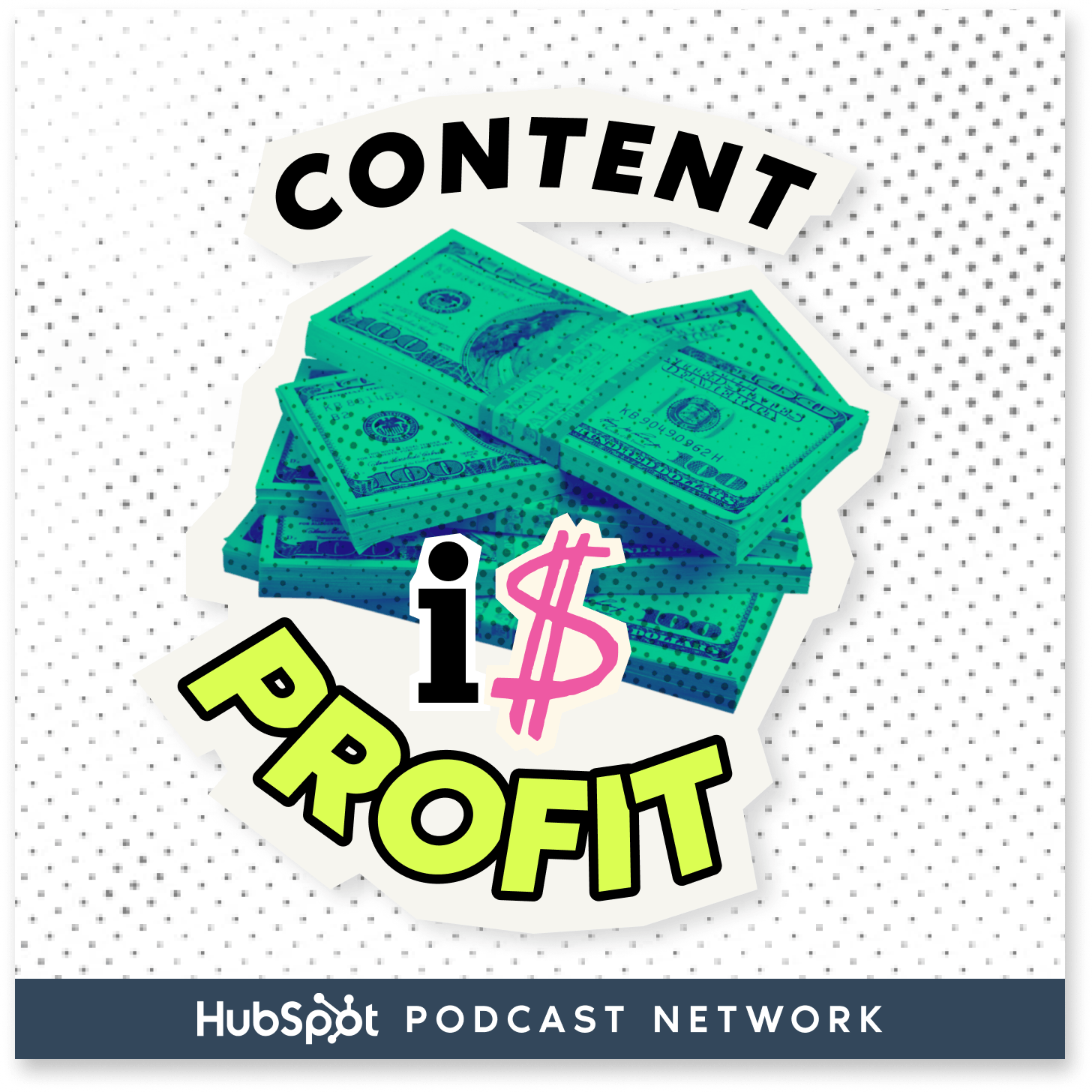
Content Is Profit
BIZBROS
Win The Content Game
Deirdre Tshien - CEO & co-founder of Capsho, AI-powered Content Marketer (the fastest way to repurpose and market your expert content)
Fastlane Founders and Legacy with Jason Barnard: Personal Branding, AI Strategies, and SEO Insights
Jason Barnard Entrepreneur and CEO of Kalicube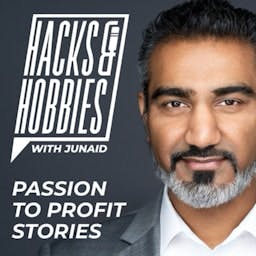
Hacks and Hobbies with Junaid Ahmed
Junaid Ahmed
I Have A Podcast by Vinnie Potestivo
Vinnie Potestivo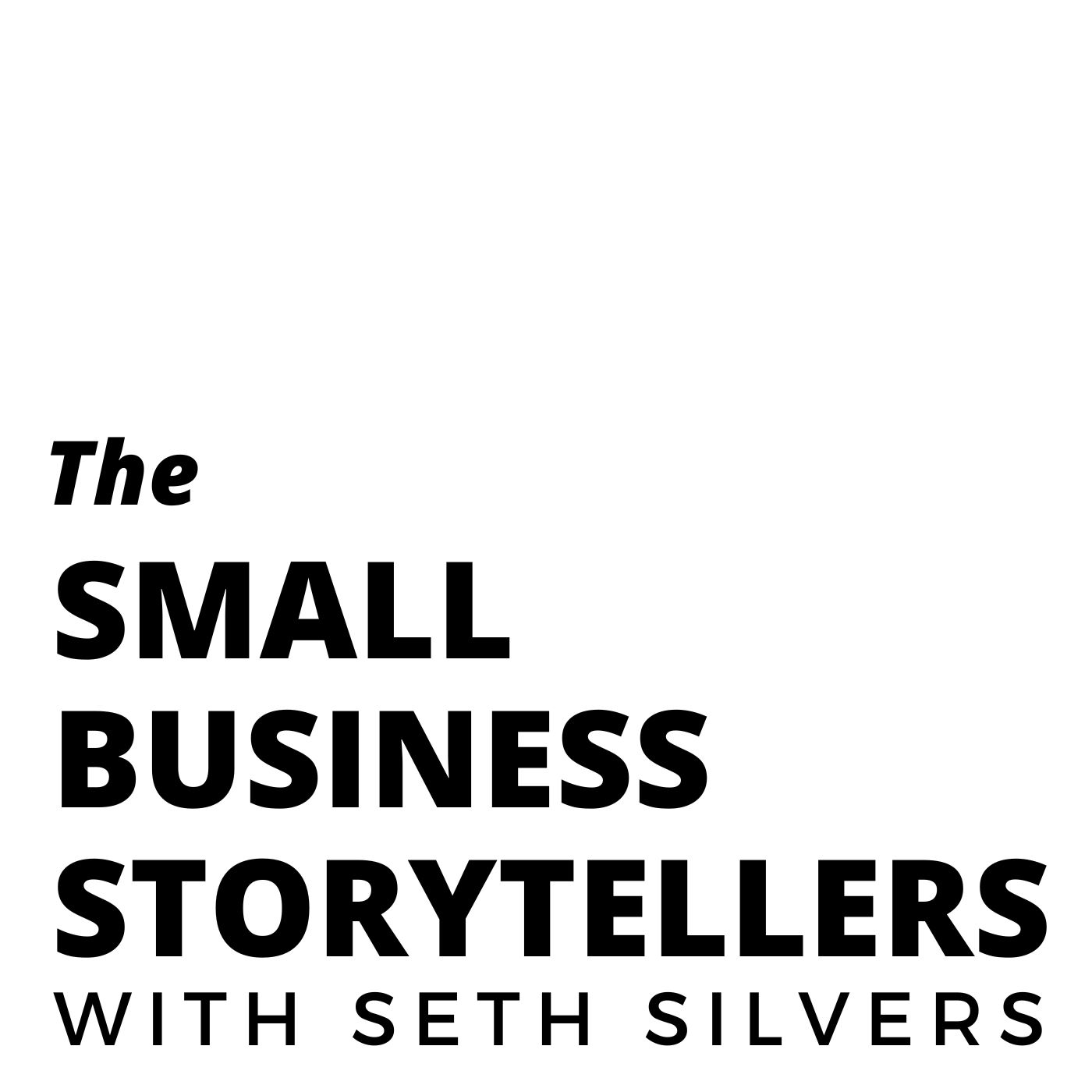
The Small Business Storytellers with Seth Silvers
Seth Silvers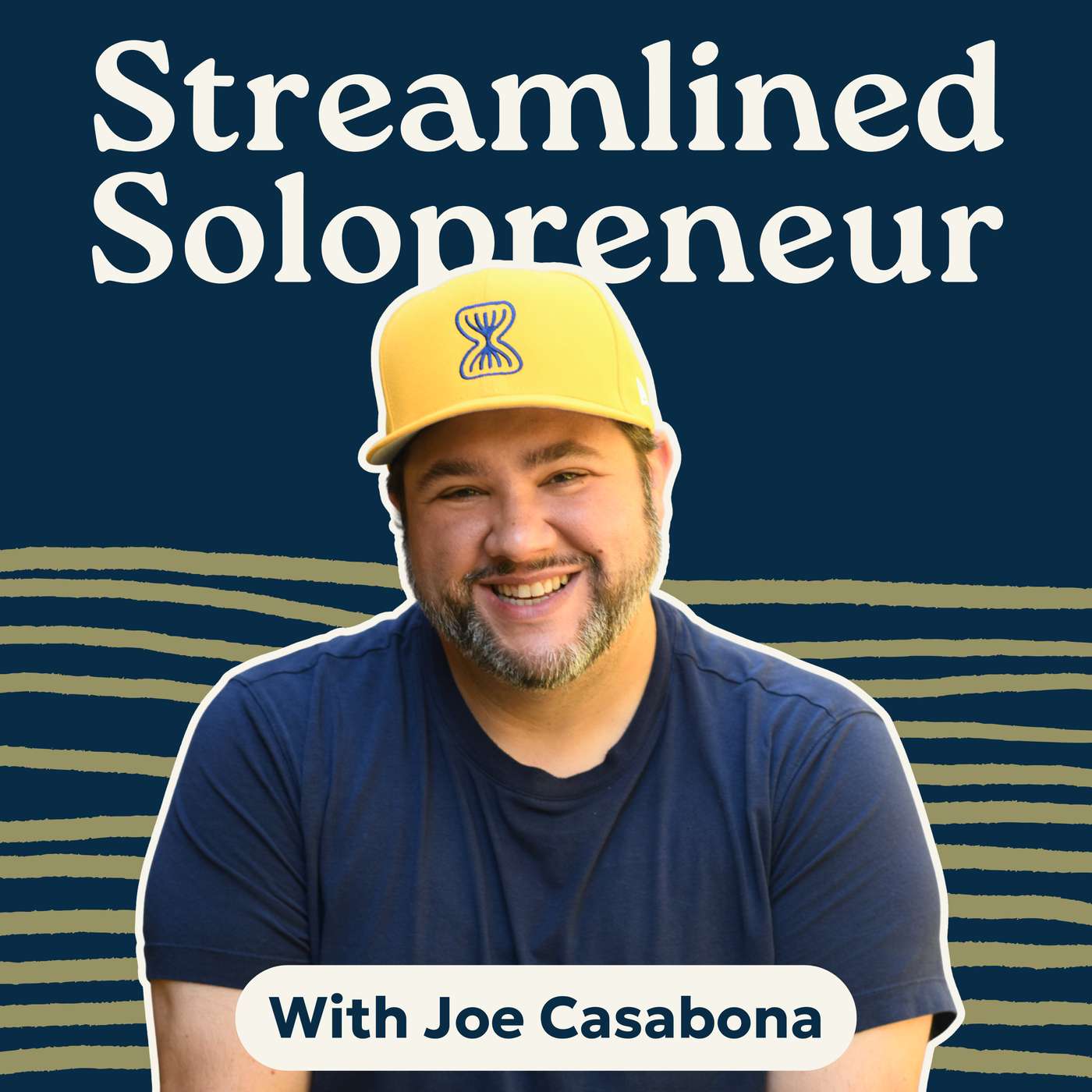
Streamlined Solopreneur: Tips to Help Small Business Owners Grow Without Burnout
Joe Casabona, Business Systems Coach
Insider Secrets to a Top 100 Podcast with Courtney Elmer | Podcasting Strategy for Business Growth
Courtney Elmer | PodLaunchHQ.comDo The Thing
Stacey Lauren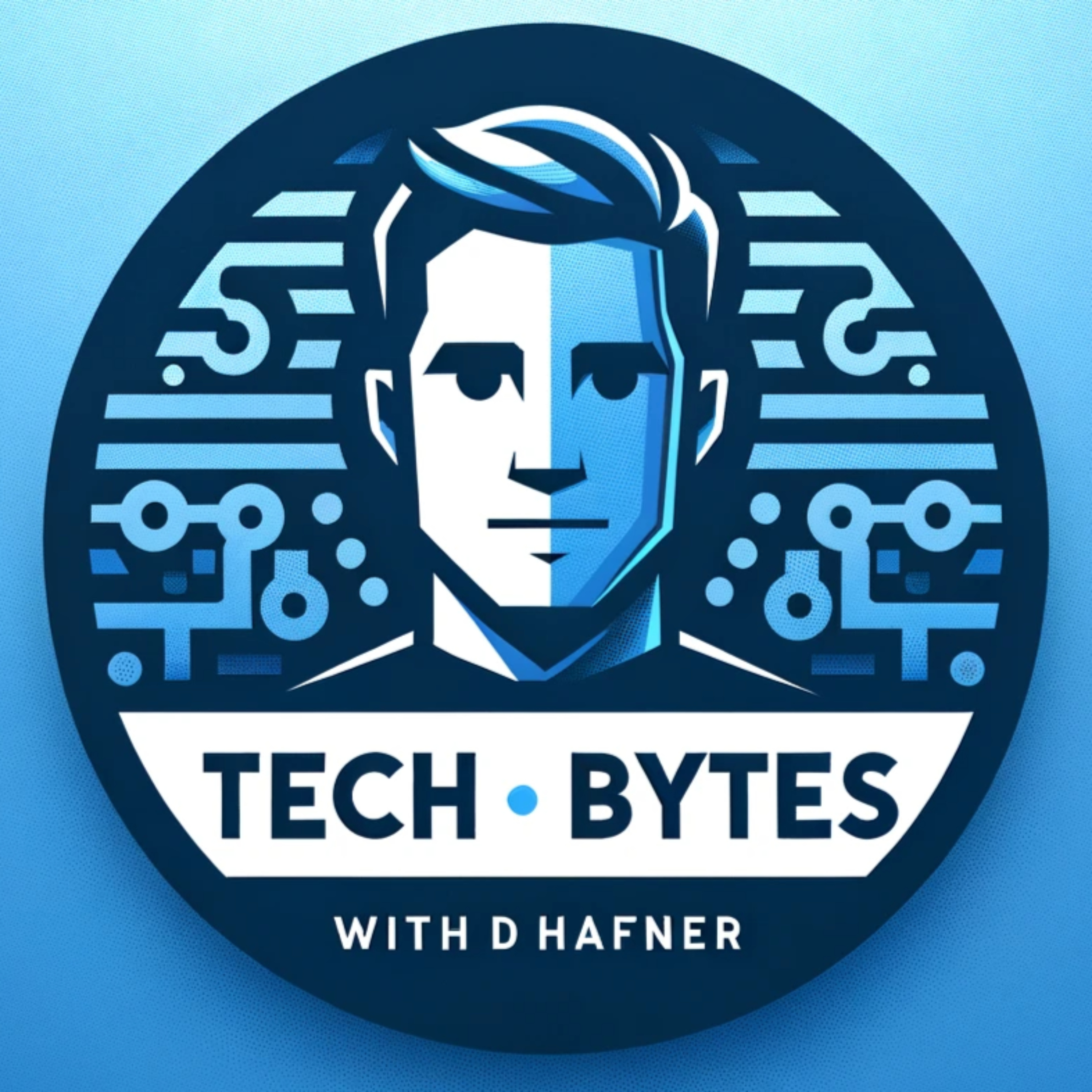
Tech Bytes - with Dan Hafner
Dan Hafner

